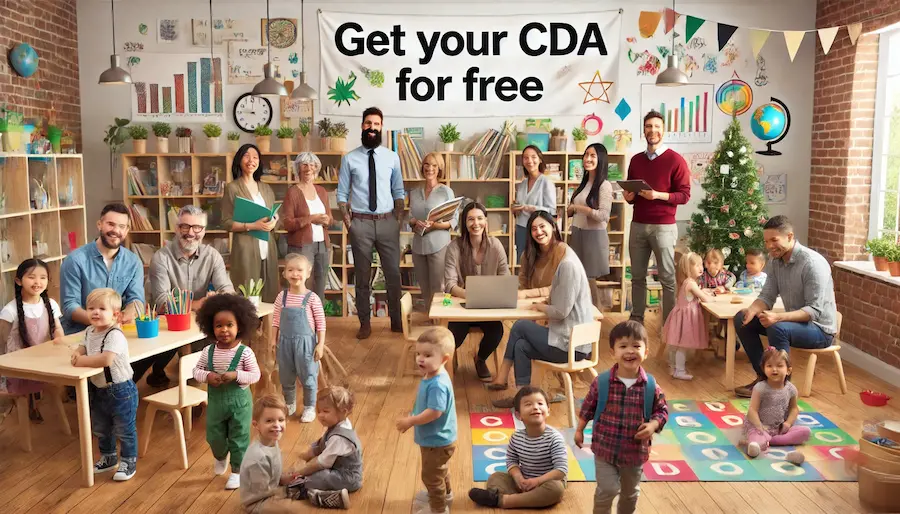You may be thinking that introducing music to young children sounds like a challenging task, but rest assured, nurturing musical development in your little one can be a rewarding journey, especially with music lessons in Melbourne.
Starting them on this path early can set the stage for a lifelong love of music. As you navigate the intricate world of fostering musical abilities in young minds, you’ll find that the benefits extend far beyond just musical skills.
The impact of music on cognitive, emotional, and social development is profound, making it a worthwhile investment in your child’s future. So, how can you kickstart this journey and ensure a harmonious musical upbringing for your child?
Table of Contents
Key Takeaways
-
Early exposure to music is crucial for young children’s musical development.
-
Focus on familiarizing children with music rather than instrument mastery in early lessons.
-
Transition to formal music lessons around age six to nine for skill enhancement.
-
Starting music activities early can greatly benefit a child’s long-term musical growth.
Early Exposure to Music
Embark on a musical journey with your child as you introduce them to the world of melodies and rhythms through early exposure to music.
Musical bonding through shared experiences like singing lullabies can create a strong emotional connection.
Sensory stimulation from various sounds and instruments can enhance your child’s cognitive development, fostering skills like pattern recognition and memory.
By engaging in music activities, your child can express emotions creatively, learning to communicate feelings in a unique way.
These early encounters with music lay the foundation for a lifelong appreciation of the art form.
Goals of Music Lessons
To maximize your child’s musical development, it’s essential to understand the primary objectives of early music lessons. In these initial stages, the main goals are centered around recognizing rhythms and encouraging instrument exploration. Rather than focusing on mastering instruments, children should engage in activities that help them identify beats, melodies, and different instruments in music.
It’s about fostering a love for music and creating a foundation for future musical endeavors. Through informal music activities like singing, dancing, and playing musical games, parents can create a nurturing environment for their child’s musical growth.
As children progress to formal lessons around age three, the emphasis shifts towards enhancing music-related skills while still maintaining a playful and exploratory approach.
Transition to Formal Lessons
As children reach the age of five, they’re typically primed for the transition to formalized music lessons, entering a new phase of musical exploration and skill development. Transition readiness plays a crucial role during this period, with kids showing increased interest in exploring various instruments like the piano, violin, recorder, guitar, or ukulele.
This stage isn’t just about mastering an instrument but about fostering a deeper understanding of music. It’s a time for instrument exploration, where children can discover their preferences and inclinations. Emphasizing fun and curiosity in learning allows for a smooth transition to formal lessons, setting a solid foundation for future musical endeavors.
Skills Development by Age
Now that you’ve begun exploring various instruments and developing your musical interests, let’s delve into how your skills progress with age.
As you grow, your physical coordination improves, allowing you to handle larger instruments like brass or large string instruments around age 10. Your musical awareness expands, helping you understand music on a deeper level. Lessons at this stage focus on enhancing your performance abilities rather than just mastering the instrument.
Starting Music Lessons Guidelines
Embark on your musical journey by embracing the essential guidelines for starting music lessons early in a child’s developmental process. To ensure a fruitful beginning, consider the following:
-
Lesson Scheduling: Plan for regular and consistent lessons to establish a routine.
-
Parent Involvement: Engage parents in the learning process to provide support and encouragement.
-
Age Appropriate Instruments: Choose instruments suitable for the child’s size and motor skills.
-
Musical Environment: Create a space conducive to learning with musical instruments and materials.
-
Teacher Selection: Find a teacher experienced in working with young children to ensure a positive and effective learning experience.
Following these guidelines sets a strong foundation for a child’s musical journey.
Parental Role in Musical Development
Guiding your child’s musical journey starts with creating a harmonious environment enriched with supportive encouragement and engaging musical experiences.
Parental involvement plays a crucial role in fostering a love for music in young children. By actively participating in musical activities with your child, you not only create opportunities for musical bonding but also set a strong foundation for their musical development.
Singing together, dancing to music, or even simply listening to a variety of genres can spark your child’s interest and curiosity in music. Your enthusiasm and support can inspire them to explore different instruments and sounds, ultimately nurturing their musical abilities.
Benefits of Early Musical Experiences
Immerse your child in the world of music early on to unlock a myriad of developmental benefits and foster a lifelong appreciation for musical artistry. Early musical experiences offer numerous advantages, including:
-
Cognitive benefits: Music enhances cognitive functions such as memory, attention, and problem-solving skills.
-
Emotional connections: Engaging with music from a young age helps children express emotions, develop empathy, and regulate their moods.
-
Enhanced language development: Music exposure aids in language acquisition and literacy skills.
-
Improved social skills: Musical activities encourage collaboration, teamwork, and communication among peers.
-
Boosted creativity: Exploring music sparks imagination and innovative thinking in children.
Conclusion
Congratulations on taking the first steps towards nurturing your child’s musical development! By starting early and providing a rich musical environment, you’re setting the stage for a lifetime of musical enjoyment and growth.
Remember, music isn’t just about playing an instrument or singing; it’s about fostering creativity, discipline, and cognitive skills. So keep encouraging your child to explore and enjoy the world of music – the benefits will be endless!
























































































































































































































































































































































































































































































































































































































































































































































































































































































































































































































































































































































































0